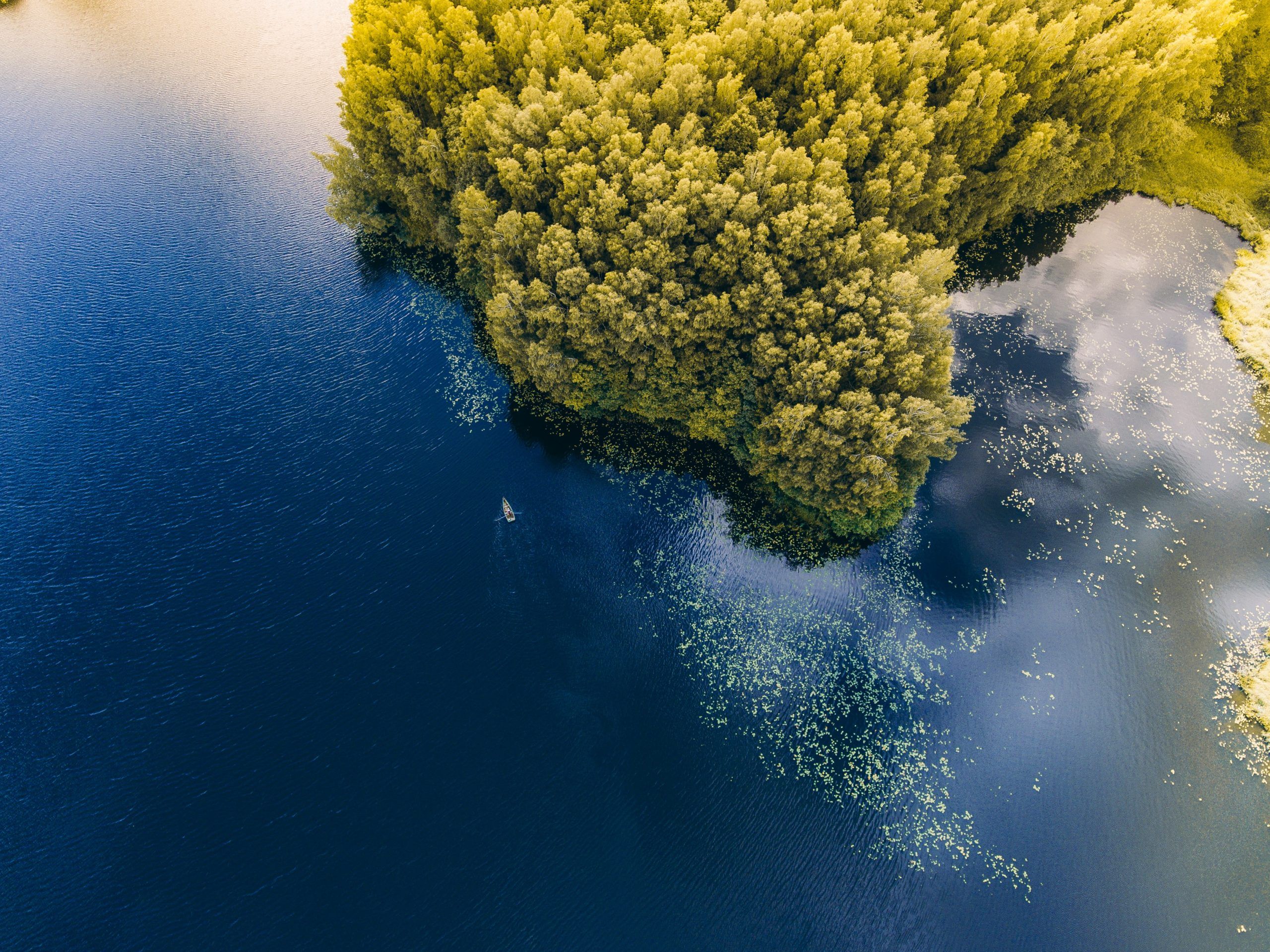Brazilian Senate approves Bill of Law regulating the activity of Carbon Capture and Storage
The Bill of Law 1,425/2022 (“Bill”) was approved this Wednesday, August 30, by the Brazilian Federal Senate. Authored by Jean Paul Prates, former senator and current Chief Executive Officer of Petrobras, the Bill proposes a regulatory framework for Carbon Capture and Storage (“CCS”) activities in Brazil, with the following highlights:
- Grant of Exploration of Geological Reservoirs: The Bill stipulates that permanent CCS activities can only be carried out with a Qualified Grant from the Executive Branch (“Grant”). The Grant remains in force for 30 (thirty) years, subject to an amendment for an equal period or to early revocation, in case of occurrence of the circumstances outlined in Article 6 of the Bill. Upon the application for the Grant, a public call shall be made for other entities to express their interest in the requested block of storage within 15 (fifteen) days.
- Environmental Licensing: The Grant does not exempt the requirement for environmental licensing, which must be obtained in accordance with Law No. 6,938/1981, without prejudice to any other applicable licenses.
- Availability of Geological Reservoirs: The list of geological reservoirs eligible for a Grant and their respective CO2 storage capacity shall be published by the Executive Branch, which shall also indicate the entity responsible for conducting the necessary survey to obtain such information. Those interested in conducting CCS activities in other reservoirs not made available by the Executive Branch may apply for the grant, provided they submit the required survey and meet the requirements outlined in the Bill.
- Exclusivity of Brazilian Companies: The Grant can only be applied for by companies incorporated under Brazilian laws, with headquarters and management in the country, individually or as part of a consortium.
- CO2 Storage Monitoring and Management Activities: These activities must be executed throughout the Grant period and for up to 20 (twenty) years after the permanent cessation of the activity, in accordance with the Monitoring Plan and with the Contingency Plan.
- Liabilities: The operator is objectively liable for any damages caused by the project. Liability shall be shared when the operator is performing CCS activities on behalf of a CO2 emitting entity, a CO2 reusing entity, or a third party.
- Third-Party Access: Non-discriminatory and negotiated access by third parties to the essential infrastructure for transporting CO2 up to the point of delivery to the Operator shall be guaranteed, in accordance with the code of conduct to be drafted and practice for access to transport infrastructure.
Finally, the Bill establishes the creation of the Storage Assets Manager (“GAA”), a non-profit private entity responsible for monitoring and managing storage assets associated with geological CO2 storage reservoirs after the operators’ monitoring obligation ends. The Bill also provides for the regulation and oversight of CCS activities by the competent regulatory authority, which shall not be the same authority responsible for granting the Grant – both are yet to be defined. As this is a bill voted under the terminative decision rite, the text shall proceed for approval by the House of Representatives, without the requirement for approval of the Federal Senate general assembly.
Our team is available for further information.
Main Contacts:
Alexandre Calmon
Sócio | Partner
E: acalmon@cmalaw.com
Fabiano Gallo
Sócio | Partner
E: fabiano.gallo@cmalaw.com
Marcelo Frazão
Sócio | Partner
E: mfrazao@cmalaw.com
Rogerio Campos
Sócio | Partner
E: rogerio.campos@cmalaw.com
Isabela Morbach
Of Counsel
E: isabela.morbach@cmalaw.com


Comentários